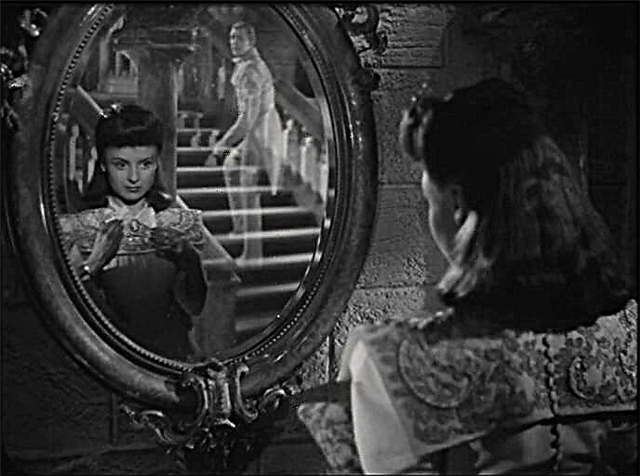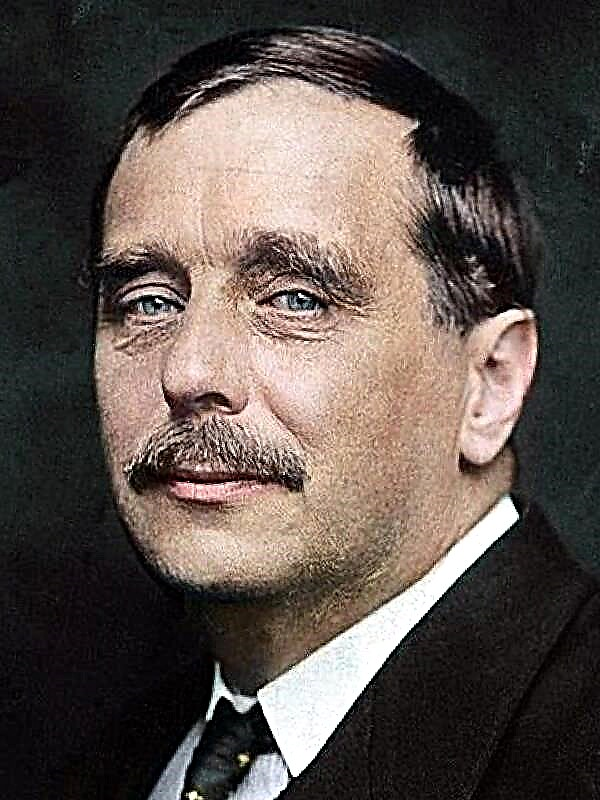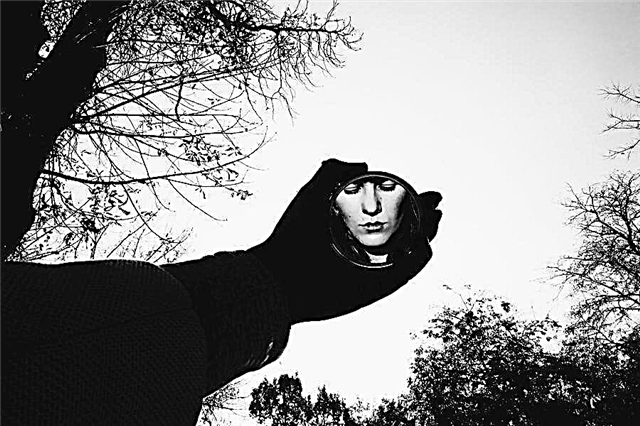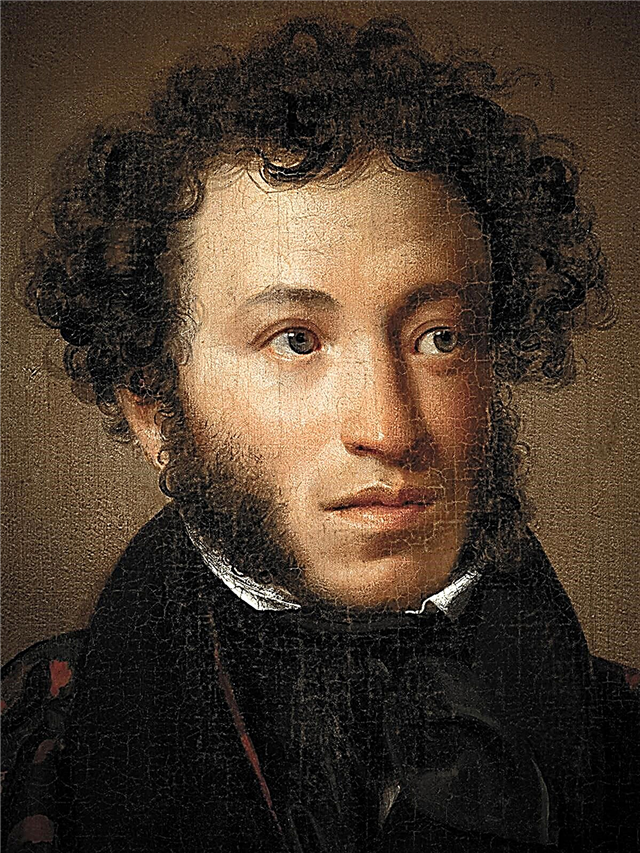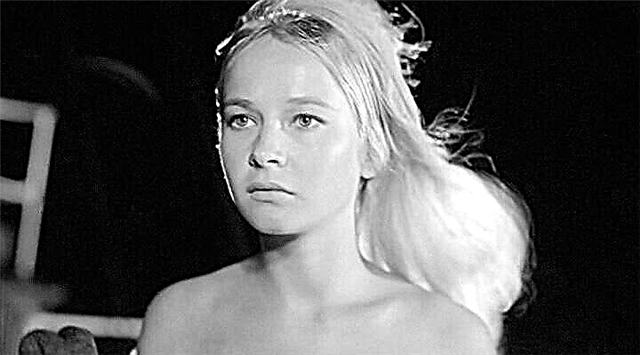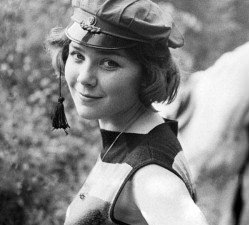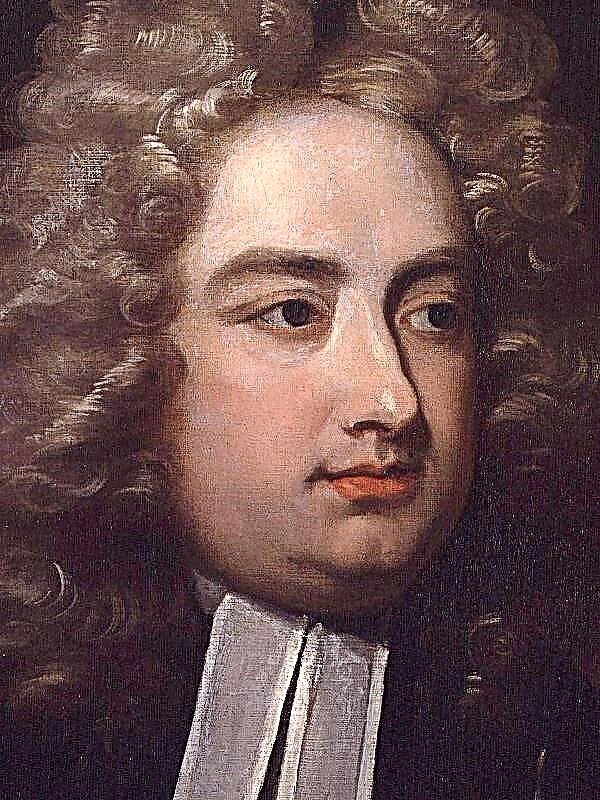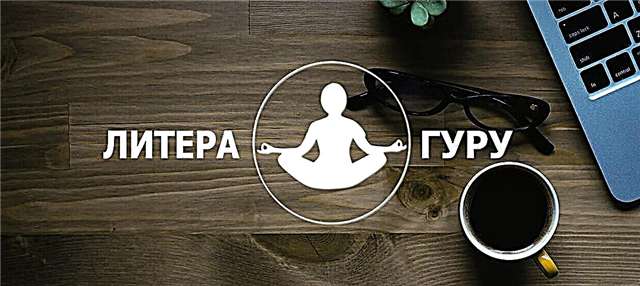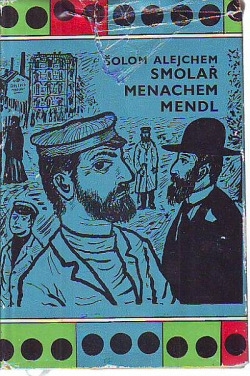(267 words) In his story Makar the Miracle, Maxim Gorky raises the topic of human relationships. The writer, trying to understand the world around him, builds before the reader a story about love and freedom, in which he clashes these two concepts. One of the main characters of the story is the young gypsy Loiko Zobar. It is at the same time an expression of all the highest ideals of Gorky, and an example of how these same ideals can lead mankind to disaster.
Like all gypsies, Loiko's main value is freedom. The young bastard lives for pleasure, not submitting to anyone and not caring about anything. For the sake of the horse he liked, Loiko was ready to take any risk and overcome any obstacles. He used to take from life everything that he wants, and not pay for anything. However, he was not a greedy and callous person. His lively, sincere nature made him a cheerful companion and reliable companion. Loyko lives as Gorky himself would have dreamed. Unlimited freedom, according to the writer, tears people away from the bustling, shallow world, raising them above the whole world, making them better and more sincere. However, a catastrophe soon occurs. Loiko falls in love with the gypsy Raddu, but she turns out to be as sincere and freedom-loving in nature as he is. In the end, no longer able to withstand mental anguish, Loiko kills his beloved and himself accepts death at the hands of her father. One of them had to sacrifice his own freedom and pride for the sake of the other, but both were not capable of it, even for the sake of passionate love.
Admiring the freedom that Loiko lives, Gorky understands that it was she who ultimately turned the hero into a slave of her own ego. The writer rejects such freedom as a beautiful but impossible dream, which eventually turns into a nightmare.

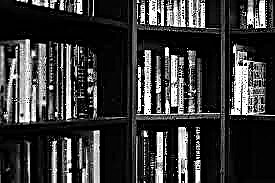
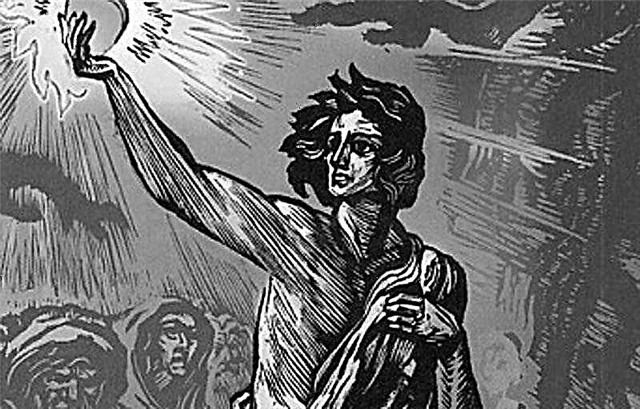
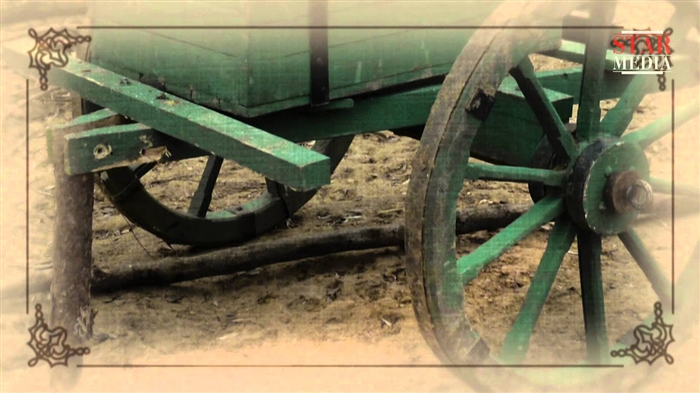 Roslavlev
Roslavlev